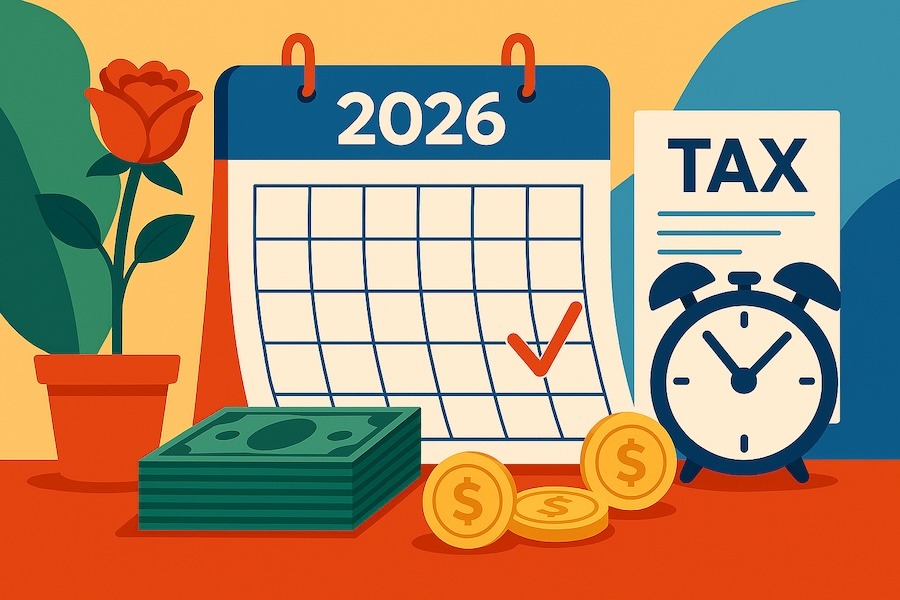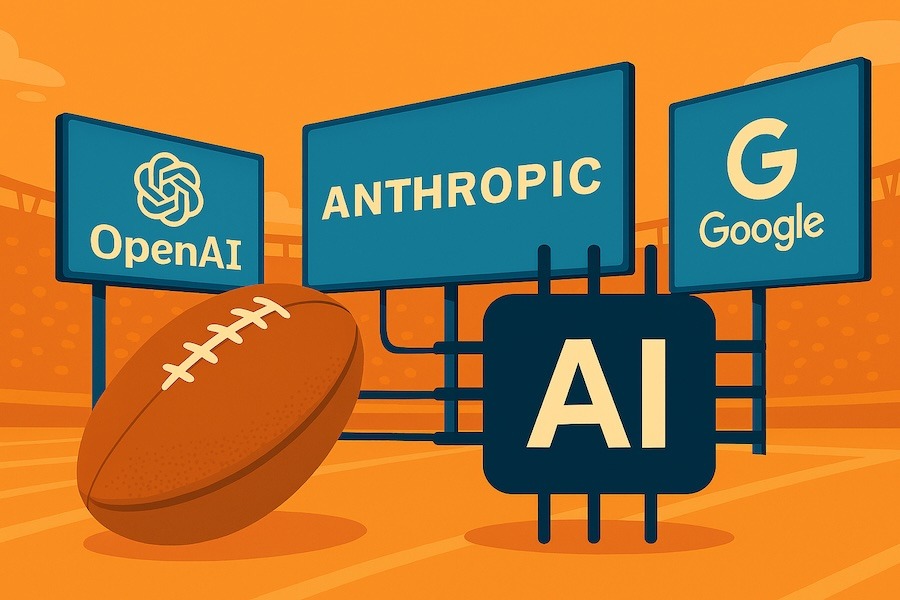Understanding Total and Permanent Disability Insurance
Total and permanent disability (TPD) insurance is one of the most important life insurances around. As the name implies, TPD insurance pays you a benefit if you become ill or injured and unable to continue to work the same way you did prior to the illness or injury. The illness or injury needs to have a permanent impact on your ability to work.
Put simply, and may be a little morbidly, TPD insurance is insurance for when the bus hits you… but doesn’t kill you. This is why TPD often complements death cover.
In general, there are two types of TPD cover. The first is any occupation cover. The second is own occupation cover. Under an any occupation policy, in order to make a claim you need to become disabled such that you cannot complete any job to which you are suited by virtue of your training, experience and education. Under an own occupation policy, to make a claim you need to be prevented from completing your normal occupation due to the illness or injury.
In a sense, you need to be less disabled under an own occupation policy. Accordingly, the premiums for own occupation tend to be higher than for any occupation.
Many people are confused by the term ‘any occupation.’ They think that it means that their insurer can require them to perform any kind of job at all. That is not the case. Almost all policies are very clear that you need only to be prevented from doing work that it would be realistic for you to undertake. Here is the definition of any occupation used by one of Australia’s larger insurers (emphasis added):
If you become totally and permanently disabled and cannot work in any capacity in any occupation based on your previous education, skills, training or experience.
The same insurer uses the following definition for own occupation:
If you become totally and permanently disabled and cannot work in any capacity in your own field of work in which you specialise and for which you are trained.
As you can see, even under the any occupation definition, the work which you are prevented from doing must be relevant to your education and experience. Put simply, a qualified tradesperson or professional will not be asked to flip hamburgers in a fast food joint.
The easiest way to think about this might be using an example. Let’s say you are a plumber and you develop a vision impairment such that you can no longer drive. However, the impairment is not so bad that you could not work for a plumbing supplies company, where your qualifications and experience would be very useful. In that case, under an any occupation policy, the insurer might expect you to undertake that different but related type of work. With an own occupation policy, if you could not work as a plumber you would receive a benefit.
Sometimes, it is possible to use superannuation benefits to pay for TPD benefits. Under current rules, only an any occupation policy can be obtained in this way. Own occupation policies must be held outside of superannuation.
When a policy is held within superannuation, the premium is deductible to the super fund. What’s more, because concessional contributions into the fund are usually deductible to the member (or their employer), this means that premiums paid within super can be made effectively tax-deductible. Depending on your tax rate, this can lower the actual cost of your policy. So, any occupation TPD can often be held in the most tax effective way through super.
Own occupation TPD cannot be held within super. The premiums for own occupation cover must be paid out of your own money and the policy must be held in your own name.
Because own occupation cover is more comprehensive than any occupation cover, an own occupation policy effectively includes within it an any occupation policy. For this reason, and given the tax treatment outlined above, some insurers provide a split policy: the any occupation component is held within super, rendering the premium tax-deductible, while the own occupation component is held outside of super and paid directly by the policyholder.
TPD is an important insurance. However, it can also be complicated. So, if your financial well-being depends on your continued ability to earn money, we recommend you talk to us to discuss whether and how TPD insurance can be incorporated into your overall financial plan.




